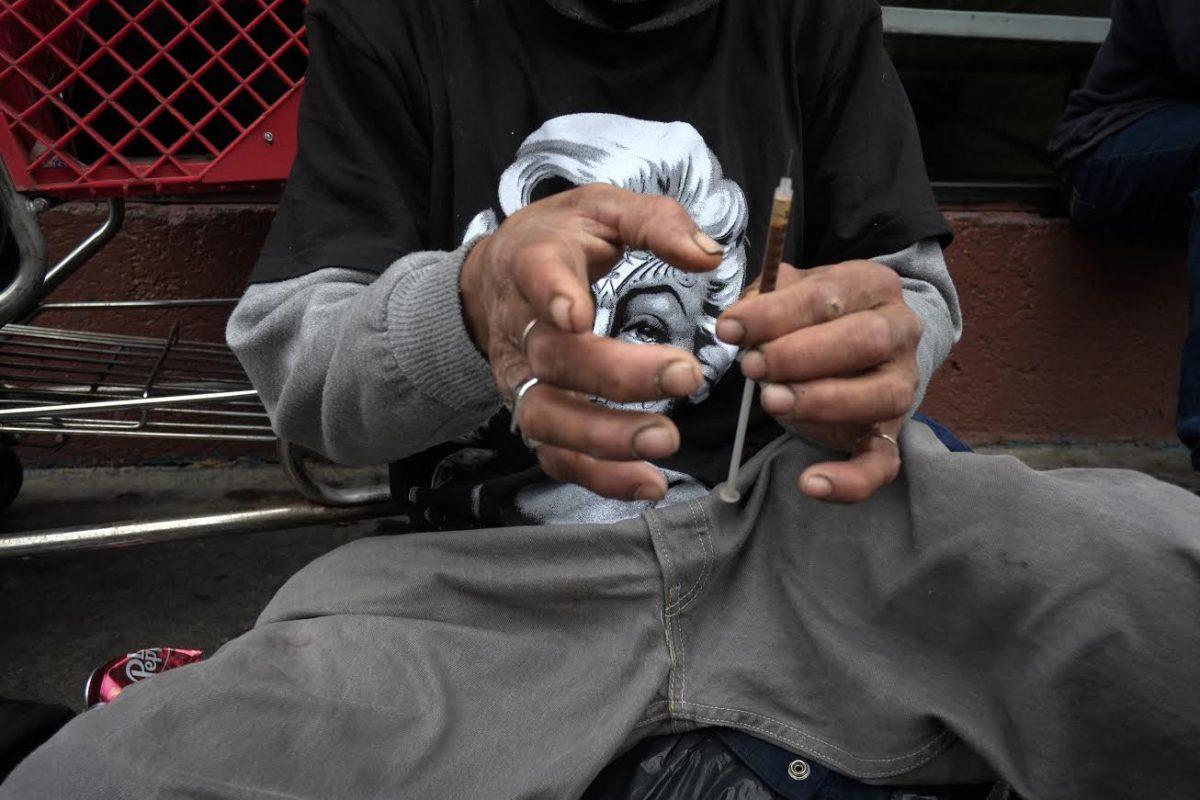While the country’s attitudes are shifting on drug use and abuse, the Louisiana legislature is moving in two different directions. According to a Pew Research report released April 2, 67 percent of Americans think the government should focus more on providing treatment for drug users, as compared to 26 percent who believe prosecution is the right tool.
Two bills in the state legislature take opposing directions on the trends exhibited throughout the country, with House Bill 754 seeking to expand treatment options and HB 332 would increase penalties for heroin distributors.
If passed, HB 754 expands access to the opiate overdose medication naloxone, commonly known as Narcan, to first responders like police officers and emergency medical personnel. Shane Evans, chief of investigations at the East Baton Rouge Parish Coroner’s Office, said the medication saves lives.
Opiates work by sedating the body, Evans said, and when somebody overdoses, the sedation can stop critical muscles, like the diaphragm, which controls breathing, from working.
Often, the critical factor with an opiate overdose is respiratory depression, where air is unable to get to the brain because the diaphragm is too sedated. “It’s like drowning,” he said.
Vincent Wilson, director of Undergraduate Programs for the School of the Coast and Environment, has a doctorate in pharmacology and toxicology and explained how Narcan can save lives.
He said it works by binding to the same opiate receptors heroin would, but instead of inducing the sedative high, it sends the user into “acute withdrawal symptoms,” like nausea, pain and diarrhea, among other things.
The risks associated with Narcan are significantly mitigated when professionals administer it, Wilson said.
“It’s very rare that you get a law which so directly saves lives,” Evans said.
Wilson confirmed this, saying in trained hands, the medication can save lives.
On the other hand, HB 332 would increase the mandatory minimum penalty on the production or distribution of Schedule I substances. Evans, who spent 12 years in narcotics as a law enforcement officer, said the law is targeted at those selling heroin.
“There is a perfect storm for heroin in Louisiana,” Evans said.
Penalties for selling heroin used to be much higher but have sinse decreased, Evans said. The penalty was so high, Evans said he personally never sent anybody to prison for selling heroin. The new law would hopefully deter people from selling, he said. Though the law is aimed at heroin, it would raise the mandatory minimum sentence for all Schedule I drugs, including marijuana and LSD.
The other component of the “storm” is the prescription monitoring program for opiate painkiller addiction, Evans said. The program restricts the amount of opiate painkillers people can get from doctors, trying to limit the abuse of prescriptions like Lortab. Because people couldn’t get their prescriptions, they turned to heroin.
Wilson said he is more skeptical about HB 332 because heroin addiction is difficult to overcome.
“Quitting cold turkey can be life-threatening,” he said.
An amendment to HB 332 mandates substance abuse classes, which he said is a good idea but still raises an issue.
“The healthcare costs of locking people up are important to consider,” Wilson said.
Heroin bills seek to prosecute, medicate
April 10, 2014




